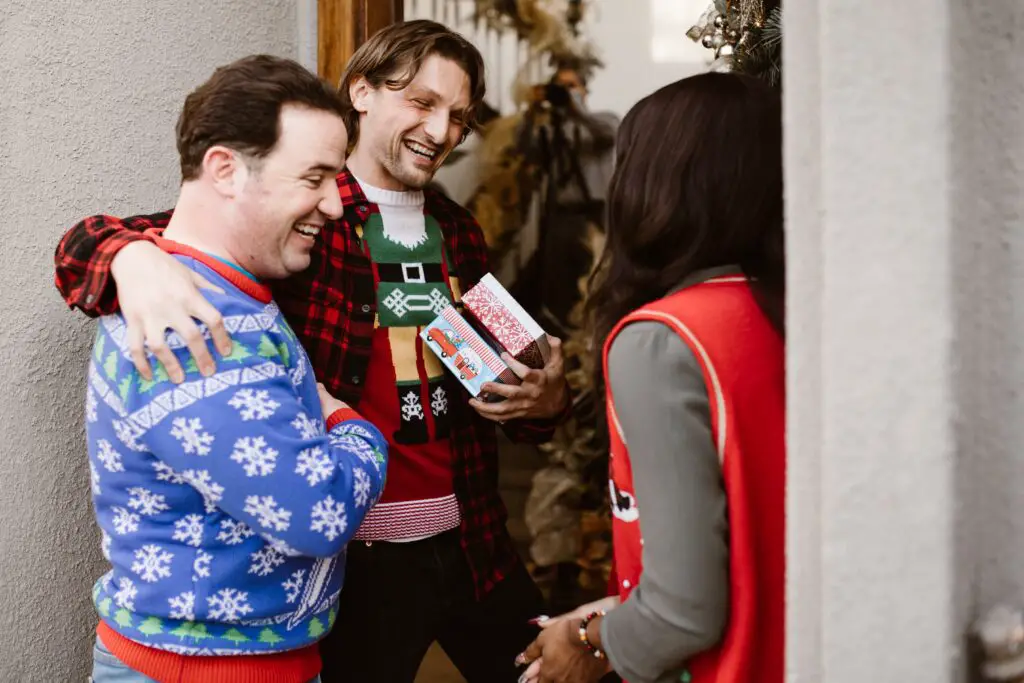Embarking on the intricate journey of human relationships often leads us through a labyrinth of emotions, desires, and outcomes. Among these varied experiences, the concept of being “friendzoned” emerges as a poignant milestone, shaping our understanding of affection, boundaries, and ultimately, ourselves. This exploration into why one might find themselves relegated to the realm of friendship, rather than romantic entanglement, unveils the nuanced ballet of human interaction, expectations, and personal growth.

At the core of the friendzone phenomenon lies a straightforward yet complex truth: the person you are interested in does not share your romantic feelings or desires a different type of relationship with you than you do with them. This divergence in emotional landscapes is not merely a matter of mismatched feelings; it is intricately linked to a spectrum of factors ranging from individual preferences, timing, emotional availability, to deeper layers of personal compatibility and mutual understanding.
The path to understanding this juncture is not paved with blame or resentment but rather with introspection and acceptance. It involves recognizing that attraction and affection, in their multifaceted forms, cannot be negotiated or willed into existence. Instead, they flow freely, guided by the personal histories, preferences, and emotional landscapes of the individuals involved.
Navigating the Terrain of Compatibility and Timing
Compatibility and timing stand as monumental pillars in the architecture of romantic relationships. They govern not just the initial spark but the sustenance of connections over time. Compatibility extends beyond shared interests or hobbies; it delves into the realms of emotional needs, communication styles, and life goals. When these critical elements align asymmetrically between two people, the foundation for a romantic relationship may not solidify, leading instead to a friendship where expectations and realities can coexist more harmoniously.
Timing, with its elusive and often unpredictable nature, plays a significant role in shaping potential relationships. The phases of life we find ourselves in, along with our emotional readiness and availability, can greatly influence our openness to romantic ventures. A person who is not in the right emotional or life stage for a romantic relationship might seek the comfort and connection of a friendship, thereby contributing to the dynamics of being friendzoned.
The Dance of Attraction and Emotional Availability
Attraction, while a necessary component of romantic relationships, operates on a spectrum that is deeply personal and inherently subjective. It is influenced by an array of factors including physical preferences, emotional connections, and intellectual compatibility. The absence of mutual attraction, in any of these domains, can pivot a relationship towards friendship, where appreciation for the other person exists without the desire for romantic involvement.
Emotional availability further complicates the landscape of potential relationships. It encompasses not just the capacity to engage in an emotionally intimate relationship but also the willingness to be vulnerable and open. Individuals who are emotionally unavailable, due to past traumas, current personal circumstances, or a lack of emotional maturity, may not be able to engage in a romantic relationship, even if the attraction is present. This unavailability can lead to the establishment of a friendship, where emotional connections thrive but within the boundaries that preclude romantic involvement.
The Symphony of Self-Reflection and Growth
The journey through and beyond the friendzone is not a cul-de-sac of romantic aspirations but a passage towards self-reflection and growth. It invites an exploration into our own emotional landscapes, desires, and the essence of what we seek in relationships. Understanding the dynamics that led to being friendzoned is not an exercise in futility but a valuable introspection that can illuminate our path to personal development and future relational happiness.
This process of introspection encourages us to examine our approach to relationships, our communication styles, and our readiness for romantic involvement. It challenges us to consider how we express affection, how we deal with rejection, and how we can grow from the experience. Moreover, it offers a unique opportunity to deepen our understanding of friendship as a valuable and meaningful form of human connection, distinct yet equally significant as romantic love.
Embarking on this introspective journey transforms the experience of being friendzoned from a perceived setback to a catalyst for personal growth and deeper relational understanding. It unveils the layers of human emotions, desires, and connections, guiding us towards a more nuanced appreciation of the various forms love and affection can take. In the elegiac dance of human relationships, being friendzoned is not a final act but a poignant interlude, enriching our narrative with lessons of resilience, understanding, and the infinite capacities of the human heart to love, learn, and evolve.

